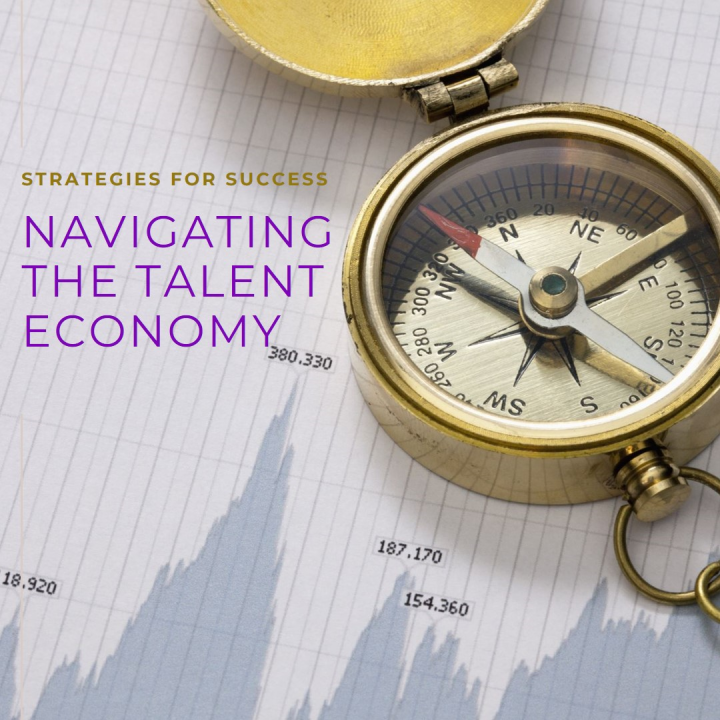


In this thought-provoking article from Harvard Business Review (HBR), titled 'The Rise and Likely Fall of the Talent Economy,' the authors delve into the critical shifts in the global economic landscape driven by the increasing valuation of talent over capital. As businesses navigate the complexities of this talent-centric approach, the article explores the potential challenges and repercussions that may arise if current trends continue without strategic adjustments. This insightful piece is a must-read for leaders and organizations looking to optimize their talent strategies in an ever-evolving marketplace.
Here are the key takeaways, from a business perspective (we're curious IF and HOW you see any Risks and/or Opportunities in each of these):
Shift in Economic Value: The article discusses how the global economy has shifted from valuing capital to valuing talent, emphasizing that individuals with high-level skills and abilities are now the most critical assets for organizations.
Impact on Inequality: This shift has led to increased income inequality, as top talent in sectors like technology and finance can command extraordinary salaries, while average wages stagnate.
Talent Concentration: There is a concentration of talent in certain sectors, leading to significant economic gains for those industries but potentially stifling innovation and growth in others less able to attract top talent.
Business Strategy Adjustments: For businesses, there's a push to rethink strategies around human capital, focusing on not just attracting the best but also developing talent at all levels to ensure a more sustainable and balanced growth.
How are you managing the Talent Economy?
https://hbr.org/2014/10/the-rise-and-likely-fall-of-the-talent-economy
Chris is a transformation leader with over 25 years of experience driving significant value and mitigating risks across a broad range of industries and functions. With a track record of generating more than $450 million in savings, he has excelled in both challenging and thriving environments within small businesses, mid-market firms, and Fortune 500 companies. A dual-degree graduate of Thunderbird and ESADE, Chris started his career at Arthur Andersen and progressed through roles from Corporate Audit to Global Human Resources at various Fortune 500 firms. He played a pivotal role in growing AArete, a global management consultancy, where he led initiatives that significantly reduced non-labor costs and improved compliance processes. An advocate for sustainable community initiatives, Chris was a founding member of a nonprofit focused on creating bicycle-friendly communities in New Jersey.